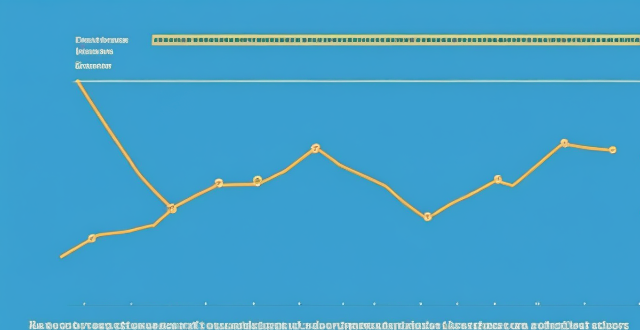Economists use a cost-benefit analysis framework to assess the economic implications of climate change negotiations, considering various factors and uncertainties to inform policymakers about the economic implications of different strategies.

Assessing the Costs and Benefits of Climate Change Negotiations: An Economist's Perspective
Climate change negotiations are crucial for addressing global warming and its associated environmental, social, and economic impacts. Economists play a vital role in assessing the costs and benefits of these negotiations to ensure that policies are effective, efficient, and equitable. In this article, we will explore how economists evaluate the costs and benefits of climate change negotiations.
Understanding the Cost-Benefit Analysis (CBA) Framework
Economists typically use a cost-benefit analysis (CBA) framework to assess the economic implications of climate change negotiations. This approach involves comparing the costs of implementing a particular policy or action with the benefits it generates. The goal is to identify policies that maximize net benefits, i.e., those whose benefits outweigh their costs.
Key Components of CBA:
- Identifying Relevant Costs and Benefits: Economists consider both direct and indirect costs and benefits, including market and non-market effects.
- Monetizing Costs and Benefits: To make them comparable, economists assign monetary values to all relevant costs and benefits, even if they are not directly traded in markets.
- Discounting Future Costs and Benefits: Since climate change has long-term consequences, economists discount future costs and benefits to reflect their present value.
- Sensitivity Analysis: Economists conduct sensitivity analyses to test the robustness of their findings under different assumptions and scenarios.
Applying CBA to Climate Change Negotiations
When applying CBA to climate change negotiations, economists face several challenges due to the complexity and uncertainty surrounding climate change impacts. However, by carefully considering various factors, they can provide valuable insights into the economic implications of different policy options.
Steps Involved in Applying CBA:
1. Defining the Policy Scenario: Economists first define the policy scenario under consideration, such as a specific emissions reduction target or adaptation strategy.
2. Estimating Costs: They estimate the costs of achieving the defined policy scenario, including investment costs, operational costs, and opportunity costs.
3. Estimating Benefits: Economists then estimate the benefits of the policy scenario, such as avoided damage costs, health benefits, and biodiversity preservation.
4. Comparing Costs and Benefits: Finally, they compare the estimated costs and benefits to determine whether the policy scenario is economically justified.
Considerations in Assessing Costs and Benefits
Several factors must be considered when assessing the costs and benefits of climate change negotiations:
Time Horizon:
The time horizon over which costs and benefits are assessed significantly impacts the results. Shorter time horizons may underestimate the benefits of long-term investments in climate change mitigation and adaptation.
Discount Rate:
The choice of discount rate affects how future costs and benefits are valued relative to present ones. Higher discount rates tend to favor short-term gains over long-term sustainability.
Uncertainty and Risk:
Climate change is inherently uncertain, making it challenging to accurately predict future costs and benefits. Economists use risk assessment methods and scenario analyses to account for uncertainty.
Distributional Effects:
The distributional effects of climate change policies should also be considered, as some groups may bear more costs or receive more benefits than others. Ensuring equity is crucial for policy acceptance and effectiveness.
Non-economic Factors:
While CBA focuses on economic implications, non-economic factors such as ethical considerations, political feasibility, and social acceptability should also be taken into account when evaluating climate change negotiations.
In conclusion, economists play a vital role in assessing the costs and benefits of climate change negotiations by employing a rigorous CBA framework that considers various factors and uncertainties. Their expertise helps inform policymakers about the economic implications of different strategies, contributing to the development of effective, efficient, and equitable climate change policies.